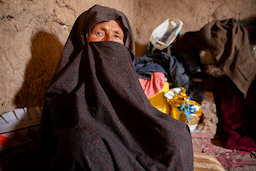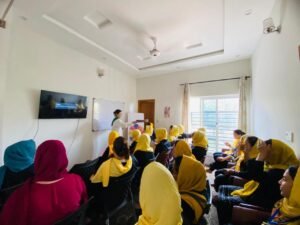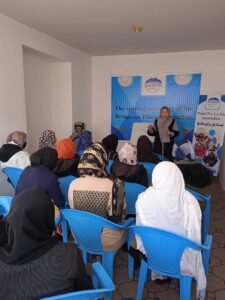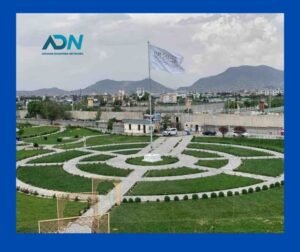Unconditional Recognition Is Upholding Leverage Over the Taliban for Changing Their Policy Toward Women
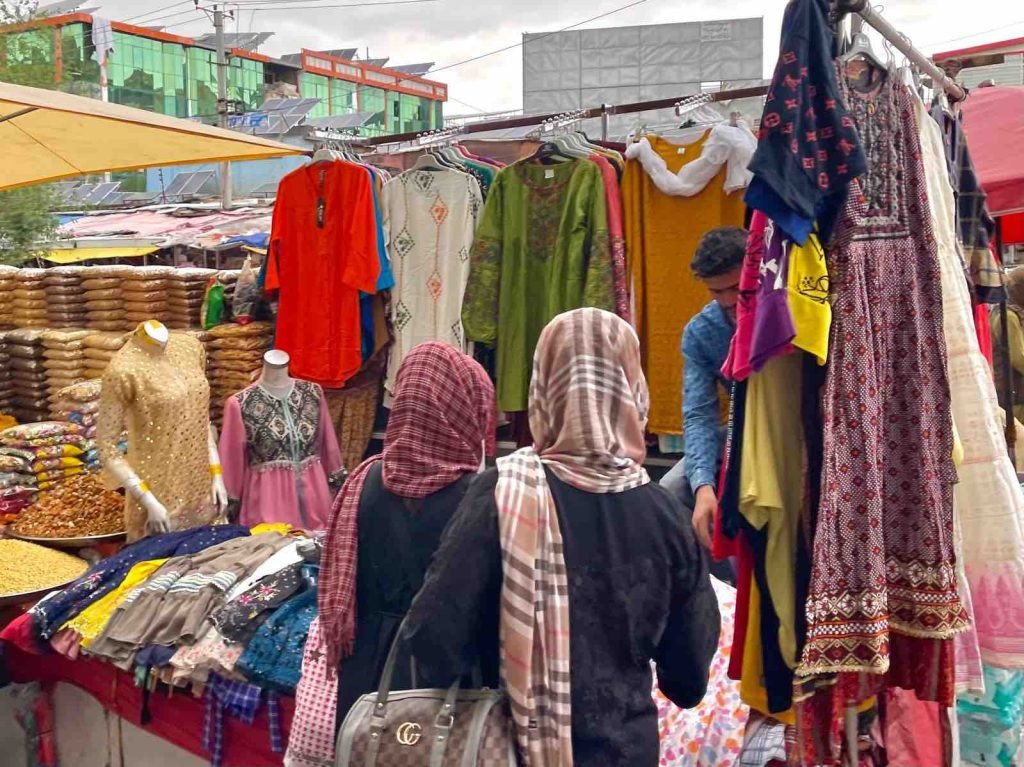
By Nazila Jamshidi
Since August 2021, the brave women of Afghanistan have been desperately calling on the international community, their last glimmer of hope, to exert diplomatic pressure on the Taliban. They cry out for their rights to be prioritized, protected, and respected, refusing to accept the Taliban government’s recognition unless significant changes are made to their policies regarding women’s rights. Their plea is not just a plea for themselves but for justice and equality in the face of oppression.
The Taliban’s reign in Afghanistan has ushered in the most severe crisis for women’s rights the country has ever witnessed. In direct contradiction to promises made to the international community, the Taliban has not only reneged on their commitment to allow girls to pursue education but has further tightened their grip on women’s lives, imposing suffocating restrictions and subjecting dissenters to brutal crackdowns. The sheer oppression faced by Afghan women under the Taliban regime is nothing short of a crime against humanity, a fact acknowledged by the United Nations, the European Union, and world leaders who have decried Afghanistan’s descent into the most repressive nation for women’s rights.
Linking Recognition to Human Rights: Holding the Taliban Accountable
It is with great dismay that Afghan women read an op-ed published in Foreign Policy, in which Javid Ahmad and Douglas London advocate for Washington’s recognition of the Taliban. The arguments presented in the op-ed have not only shocked and deeply hurt women across Afghanistan but have ignited an unwavering resistance against such a notion. The tragic defeat suffered by Washington due to a hastily executed withdrawal from Afghanistan, influenced by shallow and misguided analysis, should serve as a cautionary tale. Rushing to recognize the Taliban without careful consideration and stringent conditions would only amplify the triumphs of a radical few and lead to further defeat and erosion of democratic principles.
It is essential to note that Europe, the United Nations, and the United States have rightfully attached conditions to their recognition, conditioning it on the Taliban’s adherence to human rights, the empowerment of women and girls, and the establishment of an inclusive government. The United Nations Security Council, in a statement issued on August 30, 2021, explicitly called for an inclusive, negotiated political settlement that ensures the meaningful participation of women, respecting the desires of the Afghan people to sustain and build upon the progress achieved over the past two decades. This settlement must be grounded in the rule of law, with all parties fulfilling their obligations.
Upholding the Struggle: Support, Solidarity, and Women’s Rights
By recognizing the Taliban as a government without requiring them to meet international human rights standards and obligations, the United States would send a distressing message to the world. It would effectively condone the Taliban’s refusal to uphold the fundamental rights of women, contradicting the commitments made by the international community to protect and promote gender equality. It is imperative to hold the Taliban accountable for their actions, ensuring they fulfill their obligations under international human rights law and international humanitarian law.
The United States and its allies must stand firm in their resolve to link recognition with respect for human and women’s rights, counter-terrorism efforts, and the establishment of an inclusive and representative government. Afghan citizens, especially women, deserve nothing less than a government that defends their rights and provides them with the freedom and opportunities they yearn for. We must not falter in our duty to protect and support those who have been silenced and oppressed.
Recognizing the Taliban without conditions would be a grave mistake, a betrayal of the Afghan people, and a stain on our collective commitment to human rights. Recognition of the Taliban would undermine the sacrifices made by the Afghan people, particularly women, who have fought tirelessly for their rights and freedoms. Afghan women, who have endured immense hardship under Taliban rule, have consistently looked to the international community for support and solidarity. Recognizing the Taliban without conditions would be a betrayal of their struggle and a disregard for their aspirations for a better future. Our moral imperative is to stand alongside the women of Afghanistan and demand that their rights be safeguarded, their voices amplified, and their aspirations honored. Only through continued support and persistent pressure can we hope to change the Taliban’s policy toward women.
The suggestions that authors make in their opinion piece is that the United States should recognize the Taliban and proceed with engagement. However, it is crucial for proponents of this idea to recognize the significant risks and minimal gains associated with unconditionally recognizing the Taliban as a legitimate governing entity. Most importantly, such recognition would effectively erode international norms and values, while simultaneously relinquishing the last remaining leverage that the international community holds over the Taliban. Unconditional recognition would severely weaken the international community’s ability to exert pressure on the Taliban for meaningful change. The leverage currently held by the international community, including the United States, lies in the recognition and support that the Taliban desperately seeks.
By withholding recognition until the Taliban demonstrates a genuine commitment to upholding human rights, particularly women’s rights, the international community maintains a crucial tool for incentivizing positive change. Once recognition is granted without conditions, that leverage is lost, and the Taliban will have little incentive to address the pressing concerns raised by the global community.
Nazila Jamshidi – a gender equality and human rights specialist involved in Afghanistan’s development and democracy processes for the past decade – has worked for the UN, USAID, the International Federation of Red Cross.
Note: The contents of the article are of sole responsibility of the author. Afghan Diaspora Network will not be responsible for any inaccurate or incorrect statement in the articles.


